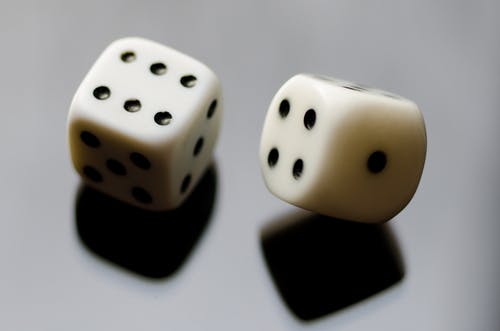When considering an activity, I estimate the possible benefit and the cost of the activity. But before I make a decision, I also need to take into account the odds that it will pay off.
For example, a lottery ticket is cheap, so that there is very little money at risk. The payoff can be huge. However, the odds of winning are so low that states and casinos make lots of money from their sale.
I play the odds during the pandemic. Because of my age and health, I am at high risk of a serious case of Covid-19 if I come down with it. When I weigh that against the benefit of an action, I am always estimating the odds of being exposed.
The virus is spread through the air. My understanding is that in order to contract the disease I need to inhale 50,000 Covid-19 virus particles. Indoors, that is way more likely – virus particles can accumulate in an enclosed space.
I know that the mask I wear protects others but not me. So, the odds of contracting the virus go way up if others around me are not wearing masks, particularly indoors. And the closer they are, with or without masks, the more likely I will be exposed. There are no guarantees.
There are so many questions. Can I get together with my friends? Is it okay if we meet outdoors? What about shopping at stores? It can be easier, more efficient, cheaper, and more fun than shopping over the internet and having it delivered. But not everyone at the store wears a mask. It is unlikely that I will catch the virus on any one visit, but multiple visits increase the odds of a seriously bad outcome.
When making decisions, it is important to take all three of these into account: the costs of your actions, the benefits to you, but also the odds that the benefits you expect will actually happen and the risks will be avoided. Even if a bad outcome is unlikely, if you repeat the action enough, the odds of the bad outcome can increase substantially.
What do you do about the odds of a favorable outcome when you are making a decision?

